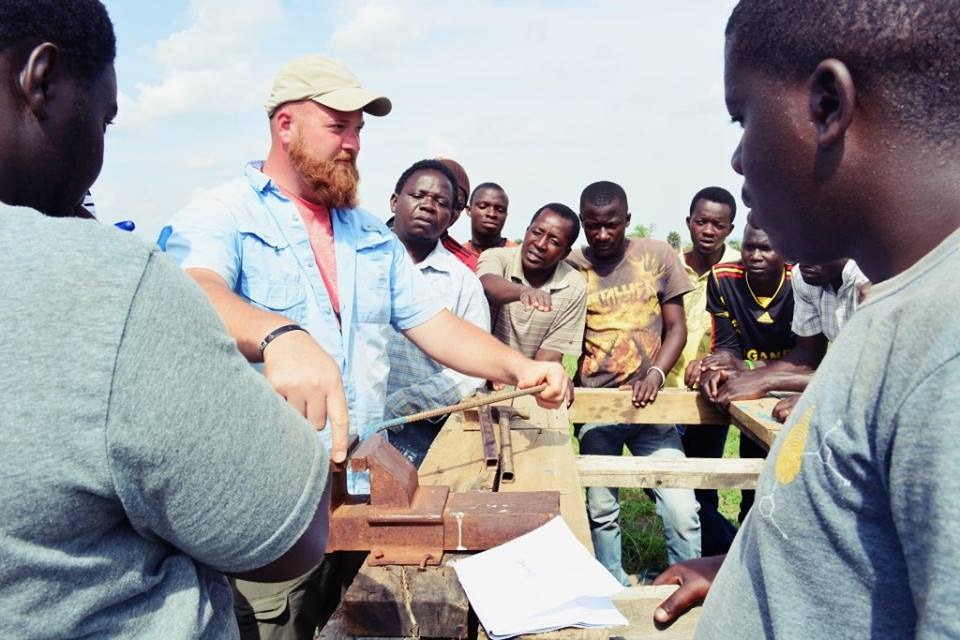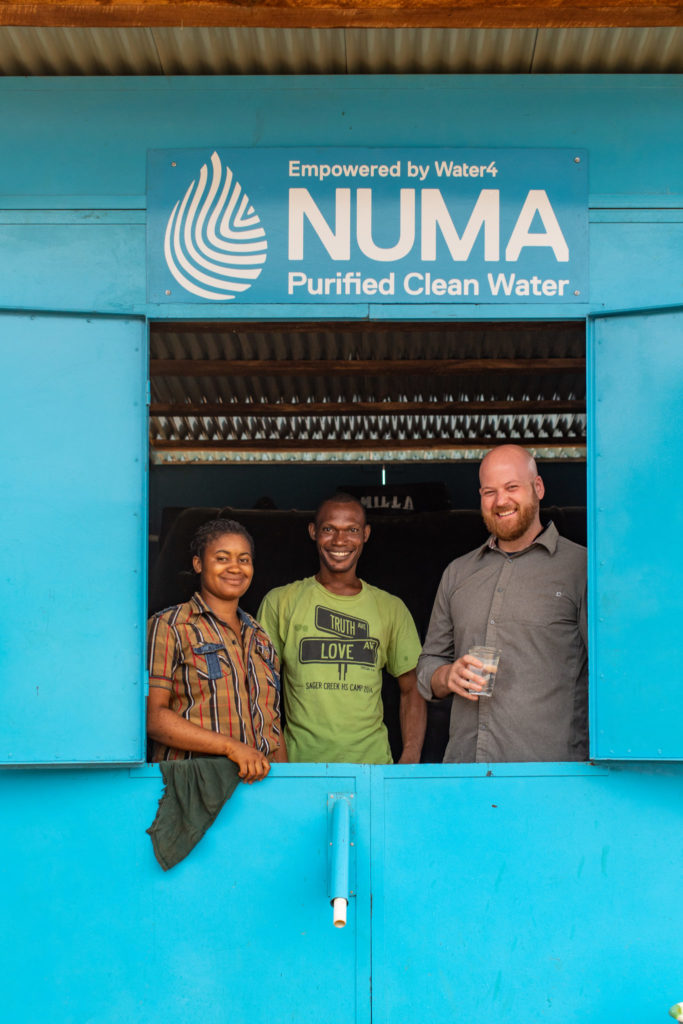
People love their tech. I get it, I’m a product of the 1980s and saw my dad fire up an IBM XT, got a Nintendo NES for Christmas, a beeper in high-school and had a Walkman with those fuzzy earpieces that put more sound out for your neighbors than you.
That being said, I never got caught up in technology as an answer for the problems around me. This is likely because I grew up in rural Alabama, with problems like a junk 1955 Massey Ferguson tractor to deal with that escaped the touch of the technological world. Back then I wrote my assignments on a typewriter, got out some whiteout when I made a mistake, and kept going after a few seconds of reflection as it dried.
Somewhere, however, technology became the answer for everything. I’m not saying it doesn’t have a role, but somewhere along the way we stopped buying albums, book reports get lost on hard drives instead of printed out and put in manila folders with embarrassing photos, and people stopped being the first place we turn to in times of crisis. I don’t pick up the yellow phone in the kitchen, crunch the keypad to call my granddad while chewing on that spiral cord, I pick up my iPhone and use Google instead.

Today, I’m not playing snake on my Nokia brick phone but I am working in a world that’s just starting to move beyond it.
As President and CEO of Water4 I get the pleasure of working in 14 countries in Sub-Saharan Africa and South America. Many developing nations are rapidly engaging in cellular technologies, despite a lack of water, sewerage, electrical infrastructure or basic literacy.
The result is a man plowing a field with oxen while making audio messages on WhatsApp to his mother’s third cousin in the Bronx. That being said, our peers in the International Development/Water Charity sector have increasingly been looking for the technological silver bullet rather than figuring out how to connect people, make relationships and exchange know-how.
Don’t get me wrong, Water4 has always been a technological leader, creating innovative and cost-effective drilling equipment and pumps, but Water4 is not interested in being known as the “next gadget” company in the world. Water4 believes that when looking at the water crisis, we have to look out and see the problems in multiple dimensions.
We looked at Africa and asked “how do people get water?”, “what do they want to use”, “what is failing”, and “what would it cost to get water to people’s homes like we enjoy it?.”
Those questions resulted in system, political, financial, entrepreneurial, spiritual, financial and logistical answers from our partners overseas. Not once did someone say “if we just had this filtration system” or “this handpump” or any other gadget. That’s what makes what we do so complex to talk about.

Water4 has connected over 400 entrepreneurs, who we helped put in business, together through competency-based digital platforms, with online MIS tracking and reporting systems, while doing over 1000 days of face to face training already this year. Through these trainings, we teach teams how to use manual and mechanized drilling tools, install hand pumps and piped water systems, to work with private homes, communities and district governments.
We use smartphones and augers, support in real-time through WhatsApp, while sending local experts we’ve trained to “work it out” together for weeks at a time. We meet with Government ministers in suits and eat boiled pumpkins under starlight because that’s what it’s going to take to solve big problems, in my opinion, both here and there.
While we do and will always get amazing instruments in the hands of heroes, don’t mistake our technology for our success—it comes from people united around an incredible vision, emboldened with strong values and united in love.



